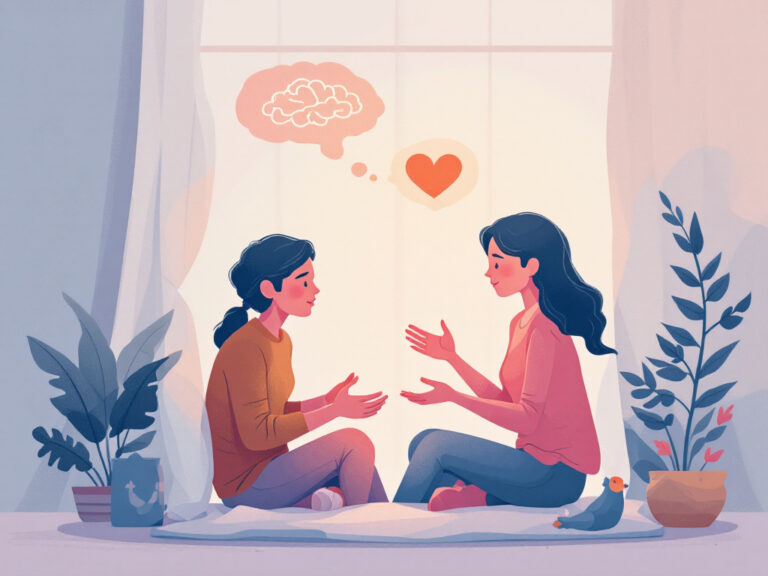Can you drink while taking Zoloft? It’s a common question—and an important one. Many people beginning antidepressants—especially Zoloft (sertraline)—don’t realize how much alcohol can interfere with their treatment. Even small amounts can trigger adverse effects, reduce the medication’s benefits, or worsen symptoms of depression and anxiety.
Studies shows that about 40% of adults take medications that can interact negatively with alcohol—putting many at risk for serious complications. In this article, we’ll explore the dangers of mixing Zoloft and alcohol, what really happens when you combine the two, and why avoiding alcohol consumption during treatment is the safer choice.
What Is Zoloft and How Does It Work?
Zoloft (generic name sertraline) is one of the most commonly prescribed antidepressant medications, especially for those struggling with depression and anxiety. As part of the class of antidepressants known as selective serotonin reuptake inhibitors (SSRIs), Zoloft works by balancing serotonin levels in the brain to improve mood, focus, and energy.
When Zoloft works properly, it can help stabilize emotions, reduce anxiety, and support overall mental health. But when combined with alcohol, these benefits may be reduced—or even reversed.
The Risks of Mixing Alcohol with Zoloft
Combining Zoloft and drinking can be dangerous for several reasons. Alcohol is a central nervous system depressant, which means it slows brain activity. Zoloft, on the other hand, is designed to stabilize mood and increase serotonin. When the two interact, they send mixed signals to your brain, which may result in unpredictable side effects.
What happens if you drink on Zoloft?
Here are some possible outcomes of the Zoloft alcohol interaction:
- Worsening symptoms of depression and anxiety
- Increased side effects of Zoloft, such as dizziness, fatigue, or nausea
- Impaired thinking or judgment
- Suicidal thoughts or dangerous behavior in some cases
- Reduced effectiveness of your medication
- Stronger or prolonged withdrawal symptoms if you stop either substance
In short, the dangers of mixing Zoloft and alcohol go far beyond a hangover. For some people, it can lead to serious psychological distress or even medical emergencies.
Why Do People Mix Zoloft and Alcohol?
Despite these risks, some people continue consuming alcohol while on Zoloft. Common reasons include:
- They believe a small amount won’t hurt
- They’re not aware of the risks
- They drink to numb emotional pain or stress
- They feel the medication isn’t working fast enough
But even combinations of alcohol and medication that seem harmless can create significant problems. In fact, the negative effects may not show up right away—but over time, regular drinking while taking Zoloft can increase the risk of relapse, deepen emotional instability, and worsen overall mental health issues.
Is There a “Safe” Amount of Alcohol on Zoloft?
There’s no official safe amount. While some doctors may say a single glass of wine occasionally won’t cause serious harm, others advise patients to avoid drinking alcohol altogether. The truth is, everyone’s body reacts differently. One person might feel nothing after a drink, while another could experience severe mood changes.
Because of this increased risk, it’s better to be cautious—especially if you have a history of alcohol consumption problems or are dealing with serious mental health conditions.
Zoloft, Alcohol, and Other Antidepressants
Zoloft is not the only medication that interacts negatively with alcohol. Many antidepressants and alcohol combinations pose similar risks. For example, monoamine oxidase inhibitors (MAOIs)—another type of antidepressant—can cause dangerously high blood pressure or other severe side effects when combined with certain foods or drinks, including alcohol.
So, whether you’re on Zoloft sertraline or another antidepressant, always check with your doctor before drinking.
Is It Time to Get Help? Here’s How to Tell
If you often mix Zoloft and alcohol or use them to cope, it may be time to seek professional help. Warning signs include:
- Needing alcohol to feel “normal”
- Zoloft no longer relieving symptoms
- Worsening anxiety or mood swings
- Memory blackouts or risky behavior
- Ignoring responsibilities or isolating from others
Treatment programs can address both alcohol use and mental health issues together. You’re not alone, and help is available.
Getting Help for Zoloft and Alcohol Use
If you’ve been mixing Zoloft and alcohol—whether out of habit, stress, or lack of information—it’s important to know that you’re not alone. Many people don’t realize how dangerous this combination can be until side effects start to show. The good news? It’s never too late to change course.
At HART, we understand the challenges of managing depression, anxiety, and substance use at the same time. Our evidence-based treatment programs support both your mental health and recovery goals. Whether you’re just starting or seeking long-term stability, HART can help you build healthier habits—without relying on alcohol.






